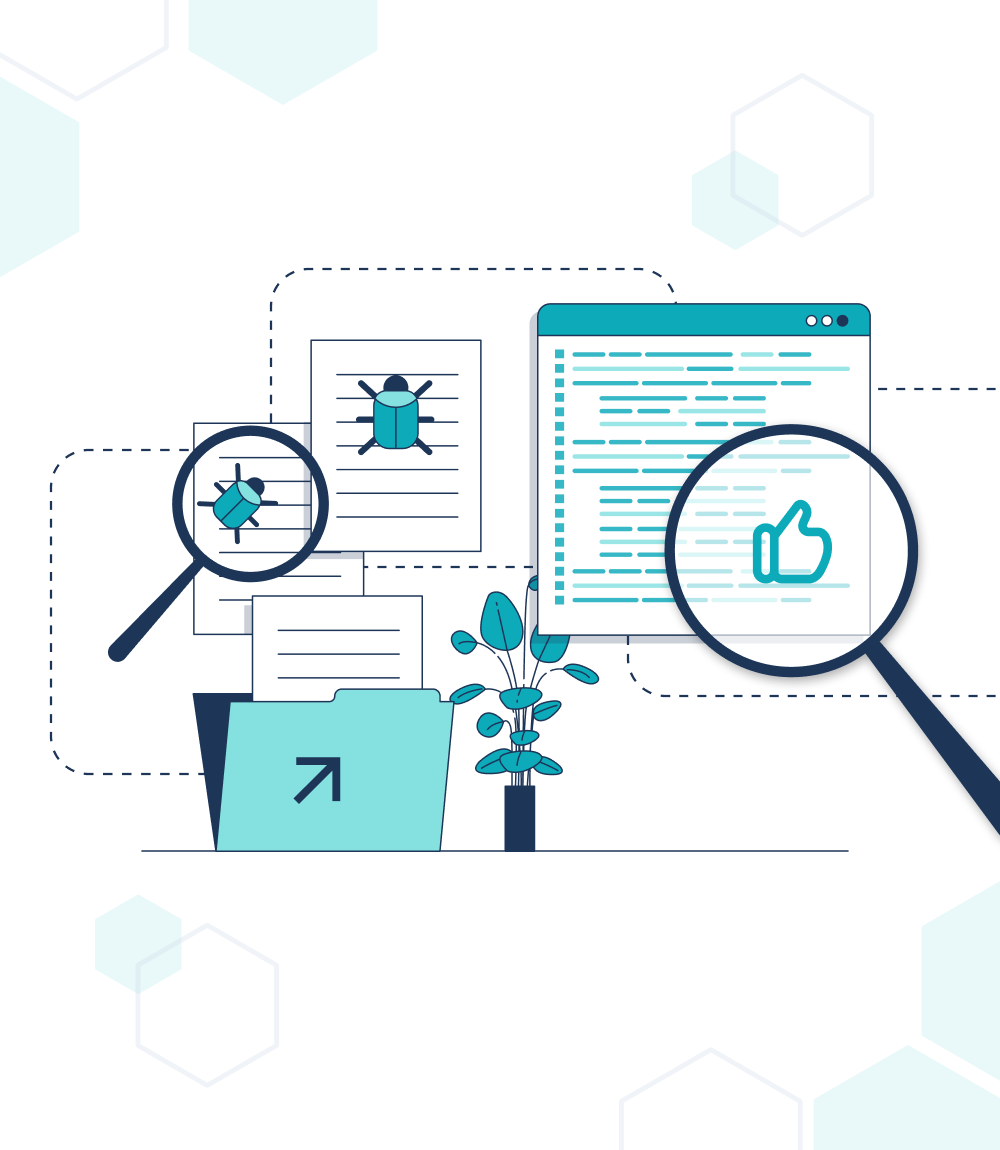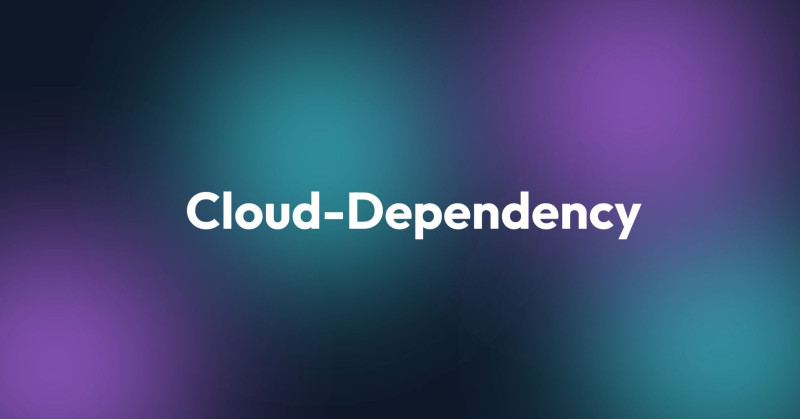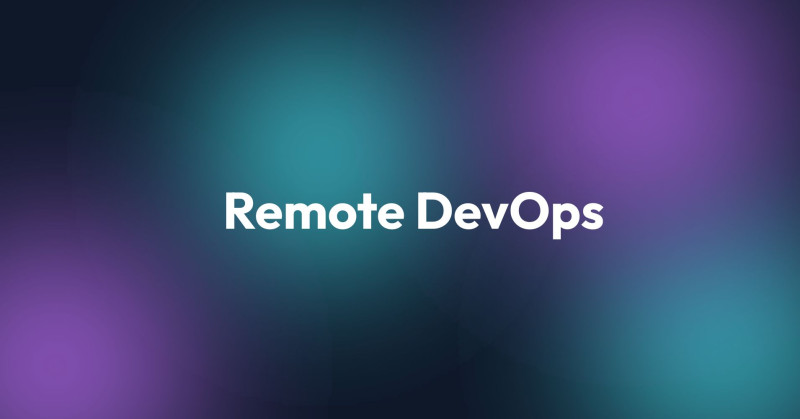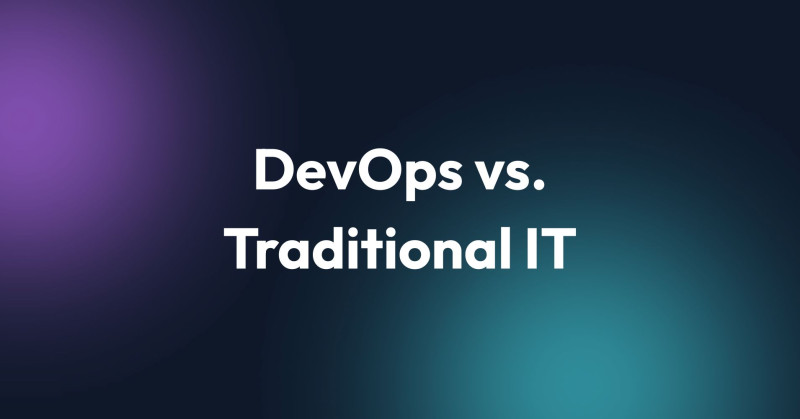In the dynamic world of software development, where innovation and efficiency are paramount, the quality of software holds the key to success. As lines of code grow in complexity and projects become increasingly collaborative, maintaining a high standard of codebase integrity becomes imperative. This is where code reviews step in as an essential practice that can make or break the success of a software project.

In this article, we delve deep into the world of code review, exploring its multifaceted benefits and uncovering strategies to conduct effective and meaningful reviews.
What is a Code Review?
A code review is a systematic and collaborative process where one or more developers examine the code written by their peers. It helps to identify defects, ensure adherence to coding standards, and provide constructive feedback before it’s added to the master branch.
This practice aims to improve the overall quality, maintainability, and security of the software being developed.
How Does a Code Review Benefit Your Work?

Better Quality -Thanks to code review, programmers have the opportunity to look at the code from the perspective of another person, which often leads to the detection of errors, difficulties, or potential threats. Early identification and correction of errors translates into improved quality and reduces the risk of future problems.
Feedback - During code reviews, developers submit comments, ask questions, and share their experiences. This creates a favorable environment for developing skills and expanding knowledge, as well as for identifying different approaches to solving problems. Coders can also use feedback and tips from other team members, which helps to improve their skills.
Clarity - Code review helps to make the code clearer and more understandable for the whole team. Other developers have the opportunity to get acquainted with the logic and structure of the code and understand its functionalities and intentions. As a result, even in the case of changes in the team, new members will be able to quickly familiarize themselves with it and continue working without much difficulty.
Cohesiveness - How to enable the application of consistent coding standards across the team? Using code reviews! Through discussions and comments, developers can develop common rules for formatting and best practices. Unifying coding standards contributes to readability, maintainability, and project collaboration.
Boosted Communication - It also provides an opportunity for interaction, discussion, and collaboration among team members. Programmers can share their ideas, solve problems, ask questions, and support each other in the software development process.
Are There Drawbacks of Code Review?
While there are many benefits to code review, there are also some potential downsides that may affect developers.
Time-consuming
Code review can be time-consuming, especially for large projects or teams with multiple developers. The code review process can slow down the pace of work on new features and require additional resources, such as time and focus from other team members.
Different Opinions
During code review, different developers may have different opinions and approaches to writing code. This can lead to conflicts and discussions that can delay the progress of the work or negatively affect the team atmosphere. Such dialogue must be conducted constructively and strive to find the best solutions.
Being Scared of Negative Feedback
Some developers may feel stress or frustration when their code is being evaluated by others. Negative feedback or criticism can affect their motivation and confidence. Therefore, it is important that the feedback is constructive and that programmers are aware that the goal of code review is to improve the quality of code, not personal criticism.
How to Write a Perfect Code Review?
Before starting work on a project, it is a good idea to establish guidelines for code formatting, writing style, naming, and other code-related aspects. These guidelines should be clear, understandable, and accepted by all team members. This makes it possible to achieve consistency throughout the project and to be guided by clear rules when checking the code.

The person who conducts the code review should remember that the main goal should be to improve the quality of the code, not personal criticism of the programmer. The focus should be on identifying areas that can be improved, offering constructive suggestions, and proposing alternative solutions. You should respect the opinions of other programmers and try to be polite in your comments.
The comments themselves during code review should be specific and easy to understand. It is worth pointing out exactly where the problem is or what can be improved. You should avoid generalities and statements like "it doesn't look good." It is worth trying to give a specific reason why a change is needed and what the benefits are.
Does the Person Submitting a Piece of Code for Review Affect the Quality of the Code Review?
Of course. The person who submits a piece of code for review has an impact on the quality of the code review.
Before submitting the code for review by another programmer, it is a good idea to review the code yourself. This allows you to correct simple errors and remove obvious imperfections. Then, the person conducting the code review can focus on more advanced aspects of the code.
The size of the code fragments undergoing review is also important. Smaller parts can be more thoroughly reviewed, reducing the overall time required. It's advisable to divide a large number of changes into smaller code fragments that can be easily reviewed and evaluated. This makes it easier for the programmer responsible for the code review to thoroughly understand and focus on the details.
It's worth emphasizing that the person submitting the code for review should be open to feedback and constructive criticism. This is an opportunity to improve the quality of work and develop programming skills. Accepting feedback with an open mind and being willing to make changes based on suggestions from other programmers is key to a successful code review process and making improvements.
Enhancing Software Quality Through Code Reviews
Code reviews provide a unique opportunity for developers to engage in a collective effort to identify and rectify potential issues before they find their way into the production environment. This process involves peers examining each other's code with a fresh perspective, sharing insights, suggesting improvements, and enforcing best practices. Beyond just catching bugs, code reviews foster a culture of knowledge sharing, continuous learning, and adherence to coding standards.





















